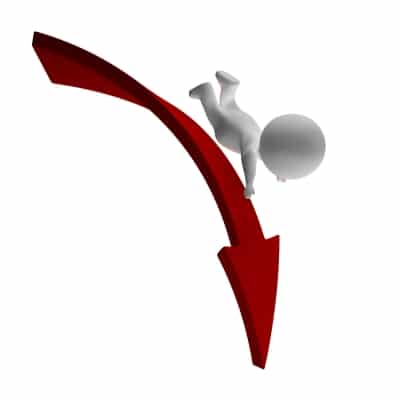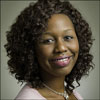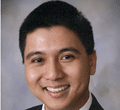By Lana M. Joseph, MS and Andy Lau, AuD
For Doctors of Audiology, doctoral education and training is everything.
For this reason, we require an advanced education that prepares us in a way that provides the fundamental tools that we need to be well-rounded, proficient clinicians and valuable to the audiology market. Simply put, we must be good at what we do, and our four year training has a lot to do with that. Nonetheless, when one considers the pursuit of the AuD degree, one must also consider the cost of education and the return on investment. For many, the numbers do not add up and the financial burden is far greater than the reward. This is where the downward slope begins.
Here’s why:
The AuD can be expensive. Some audiologists spend up to $100K on the doctoral education alone- an expense which may seem quite preposterous to some professionals. Combined with undergraduate education, audiologists could easily end up with $150K worth of student loan debt, an amount commensurate with that of a medical doctor.
Furthermore, the debt–to-income ratio for most audiology graduates is cumulatively much higher than graduates of other doctoral professions. Although typical tuition costs are similar, audiologists’ salaries fall well below that of the average doctoral professional, thereby unrepresentative of the amount of money spent on education, or the advanced aptitude, education and training of doctoral professionals.
For these reasons, it is arguable that the Au.D is not worth it, and that those pursuing the AuD have been fooled into pursuing a career that will leave them in mounds of debt without the means to repay. Yet, there is another side to this story that must be addressed. Dr. James McDonald, Assistant Professor at Salus University, notably said:
“Cost is only an issue when the value is not appreciated”.
Dr. McDonald’s statement may be directly applied to the cost and value of the AuD degree. It is undeniable that sacrifices must be made along the way; the question therefore should not be is it worth the cost, but rather what is it worth to the person pursuing it? After all, aren’t we willing to pay the small fees associated with parts, and the substantial amount for the skills and labor of a mechanic or plumber? The value of an audiologist education should be evaluated likewise.
Is it worth it?
How do we make audiology education an endeavor that yields both short-term quantitative benefits and long-term qualitative returns? Therein lies our first problem- what outcome measures must we utilize to evaluate what constitutes a quality audiology program? For too long, we have placed emphasis on quantity – we have sacrificed quality to the convenience of numbers.
Somewhere along the way we have yielded to the knee-jerk acceptance that “more equates better”, and the numbers is “where it is all at”. Yet, is productivity really just a function of numbers? We contest that it is not.
The reality is that we have placed too high a premium on quantity- the number of [credit] hours per course, the number of hours for externships. While research has correlated competence to duration of exposure, there is an additional component that we must take into account – efficacy and efficiency of implementation. Simply put, we must inquire of ourselves: are we too tied down by convention and fail to measure coursework by quality of how it is professed, and instead rely on the number of hours spent professing it? After all, while it can be argued exposure to a language may help with fluency and familiarity, truth is we as humans don’t bark like a dog or understand all the nuances of a cat’s meow despite all these years as their companions; why should we expect differently from course material being ineffectively relayed over time?
Secondly, audiologists need to change our language to reflect our status as scientists. Historically, audiology comes from a therapeutic background. While there is a substantial understanding for the basic anatomy and physics of hearing and balance, the reality is we are more adept counselors than we are scientists. Therein lays one of our greatest communication mismatches with the medical community at large. We need to present ourselves as fellow scientists who are most adept at certain diagnostic tools that yield the highest confidence value in accepting or rejecting a null hypothesis such as the patient not likely having a hearing or balance problem.
As we strive to “defend” our scope of practice, the narrative needs to be one of scientific value.
Thirdly, we must promote autonomy and private practice. As Earl Harford, Ph.D. said in his 1993 lecture, “Professional autonomy is key to financial independence”. We must not be afraid to venture into the business realm and become owners of the work that we do and the services we provide. This is how we make our mark.
Conclusively, we do not believe that pursuing the AuD is a downward slope. The education and training we receive in school are extremely valuable. However, we do believe to get the most of our training we must go beyond the normal definition of what it means to be an audiologist and become scientists and practice owners.
We must take charge of our own destiny and promote ourselves as doctoral level professionals. This is how we will truly gain the most out of the AuD.
Lana M. Joseph, MS– Lana Joseph is a third year Doctor of Audiology student at Washington University School of Medicine in St. Louis, Missouri. She is also an avid blogger at www.theaudiologisttobe.com.








